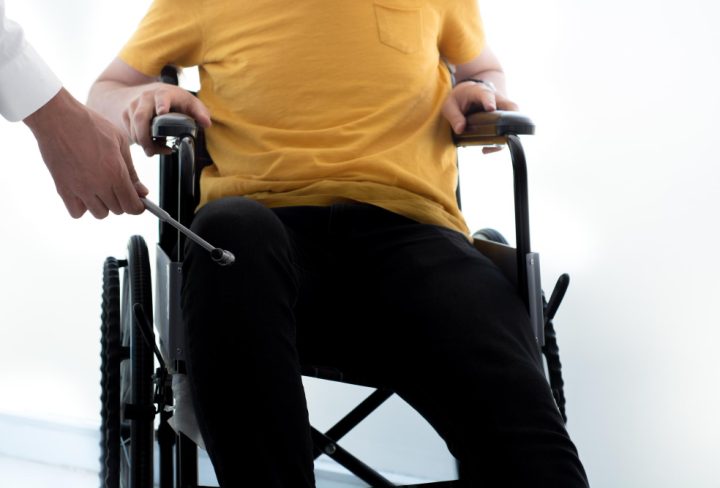What is Paraperesis?
Paraperesis is a medical condition where a person has weakness in both legs. This weakness can make walking or moving difficult. Often, the muscles in the lower body do not work as they should. Because of this, daily activities may become hard. Paraperesis is different from paralysis. In paralysis, there is no movement at all. However, with paraperesis, some movement is still possible. Physiotherapy plays a key role in helping people with paraperesis. It can improve strength and movement. Many people search for paraperesis treatment and paraperesis rehabilitation to find ways to manage their symptoms.
Common Symptoms of Paraperesis
People with paraperesis may notice several signs. These symptoms can be mild or severe. Early detection can help with better management. Some common symptoms include:
Sometimes, these symptoms may get worse over time. Therefore, it is important to seek help early.
Causes and Risk Factors
There are many reasons why paraperesis can develop. Some causes are sudden, while others happen slowly. Common causes and risk factors include:
Additionally, some people may have a higher risk due to family history or certain health conditions. Knowing the cause helps guide the best treatment plan.
How Paraperesis is Diagnosed
Doctors use several steps to diagnose paraperesis. First, they ask about your symptoms and medical history. Next, they perform a physical exam. During this exam, they check muscle strength, reflexes, and how you walk. Sometimes, more tests are needed. These may include:
Early diagnosis can lead to better outcomes. So, do not delay if you notice symptoms.
Treatment and Rehabilitation Approaches
Treatment for paraperesis depends on the cause and how severe it is. Often, a team of specialists, including physiotherapists, helps manage the condition. Common treatment and rehabilitation options include:
Physiotherapy is very important for paraperesis rehabilitation. It helps people regain as much movement as possible. According to the World Health Organization (WHO), early rehabilitation leads to better recovery. In some cities, you can find specialized paraperesis rehabilitation centers for more support.
Lifestyle Tips and Prevention
While not all cases of paraperesis can be prevented, some steps may lower the risk. Here are some helpful tips:
Moreover, following your physiotherapist’s advice can help prevent further problems.
When to See a Specialist
If you or someone you know has sudden weakness in the legs, seek medical help right away. Early treatment can prevent more serious problems. You should also see a specialist if:
Timely care can make a big difference in recovery.
Consult a physiotherapist or specialist for personalized advice on managing Paraperesis.

